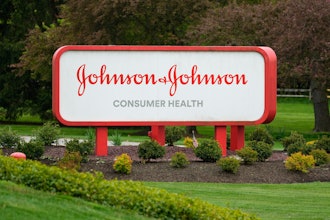Information necessary to recognize unexpected drug efficacy is not routinely collected. Once a drug is approved, opportunities for understanding these phenomena are usually lost within clinical care. We propose that patients are willing to provide a wide range of experiential knowledge about the effects of therapies that is seldom solicited. Experience with various drug therapies might be solicited directly from patients in both structured and unstructured formats. Although the signal to noise ratio is expected to be low, these data, if organized in a constructive manner, could provide a useful hypothesis generation resource for areas of further pharmacologic inquiry. A pilot study was conducted for 18 months; 1,065 individuals using the MyHealthAtVanderbilt.com patient portal clicked on a research link to find more information about the study; 375 completed the survey (response rate of 37%). Of those, 218 patients reported that they were currently taking at least one prescription. Statistical methods applied detected known associations between drugs and their intended effects. This validated the type and frequency of effects being reported by patients and provided evidence for the potential for using patient-supplied information to generate hypotheses related to unexpected positive benefits associated with medications. Improved data filtering and mining methods will be needed to expand this concept.






















